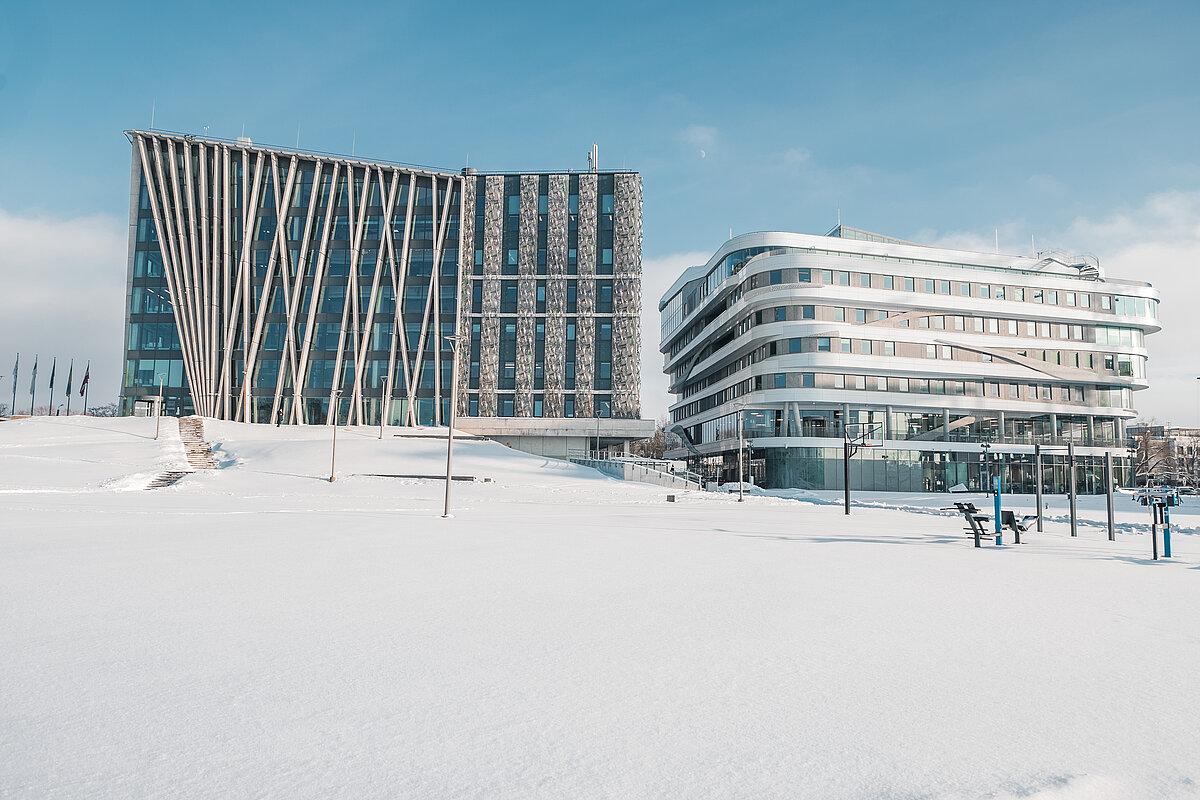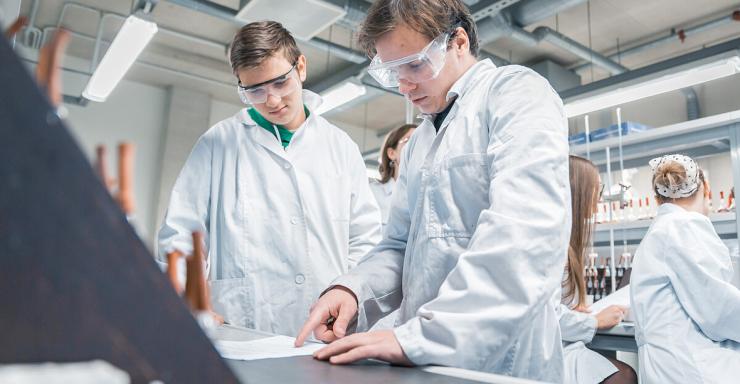The University of Latvia (UL) launches the UL High-Impact Development Program. As part of its pilot project, 11 significant research initiatives will be implemented at the University this year, aiming to address global and nationally relevant challenges for Latvia.

The Development Program is designed to foster collaboration between UL academic units and attract public attention to important research-based initiatives. The supported projects will make a substantial contribution to Latvia’s societal and economic development while promoting scientific excellence and innovation.
"We are pleased with the high level of researcher engagement and the quality of the submitted projects, which demonstrate the University of Latvia’s willingness and ability to participate in research on nationally and globally significant issues. The results of these projects will not only contribute to the advancement of science but also offer valuable solutions to foster Latvia’s economic growth and achieve the UN Sustainable Development Goals," says UL Rector Professor Gundars Bērziņš.
The total budget of the pilot program exceeds 530,000 euros, with each supported project receiving up to 50,000 euros. Each project is planned to last up to six months. The initiatives focus on two main directions – promoting scientific excellence and addressing economic growth and societal needs. Projects were selected based on their relevance to one of nine strategic themes, including human capital development, technological progress, climate change mitigation, financial system development, and other crucial societal issues.
Among the projects supported by the UL High-Impact Development Program is "Choice and Responsibility in Direct Digital Democracy: Towards a New Social Contract in Latvia" – the "Direct Democracy Application" (led by Faculty of Humanities Associate Professor Mārtiņš Mintaurs), which will be a digital platform promoting public participation and the creation of a new social contract in Latvia. The Faculty of Exact Sciences and Technologies will develop "Creation of Precise Maps of the Earth’s Magnetic Field for Positioning Purposes" (led by Laser Center lead researcher Artūrs Mozers); this project aims to create an accurate magnetic field map of a 25 km² area as a trial for improving navigation security. Meanwhile, under the leadership of the Faculty's senior researcher Tatjana Pladere, the project "Interdisciplinary Approach to Improving Work Capacity and Productivity Related to Ergonomic and Psychosocial Overload in Digital Device Work" will analyze how ergonomic and psychosocial factors affect work capacity and develop recommendations for increasing efficiency.
The Faculty of Economics and Social Sciences will implement the project "Capital Market Potential for Promoting Latvia’s Economic Growth" (led by Prof. Inna Romānova) – it will offer practical recommendations for the development of Latvia’s capital market and organize discussions with businesses to foster the country’s financial system growth. The project "Ionic Liquids for Ethylene Sorption" (led by Medical and Life Sciences Faculty lead researcher Eduards Baķis) will develop new solutions using ionic liquids to effectively control ethylene emissions.
The full list [in Latvian language] of supported projects is available on the UL website: "UL High-Impact Development Program Pilot Projects 2025."


